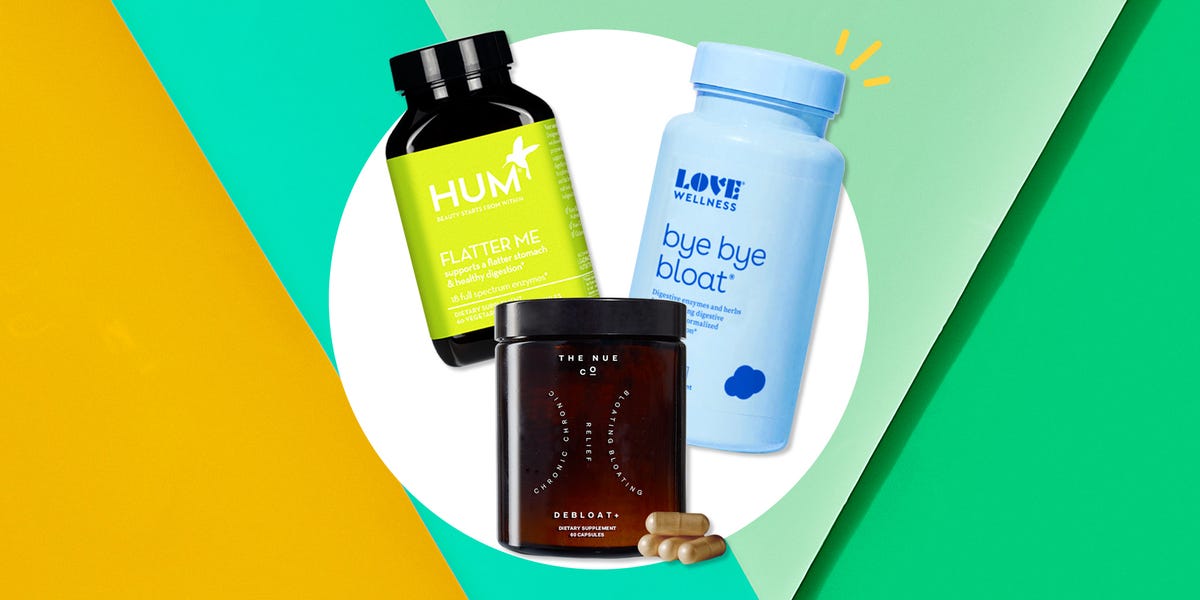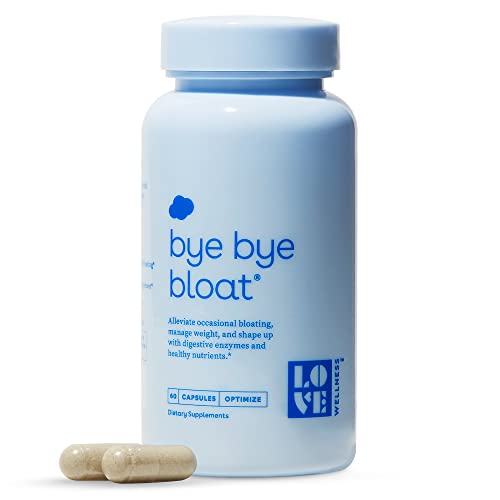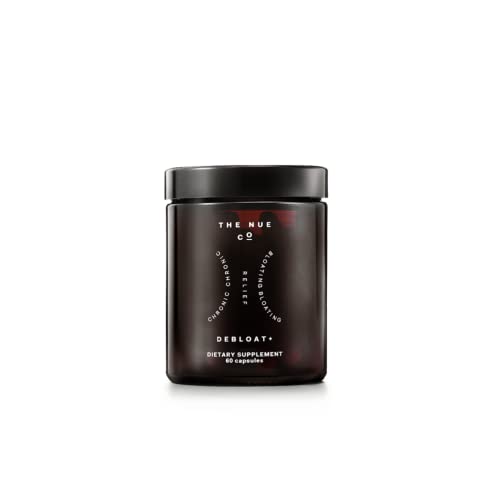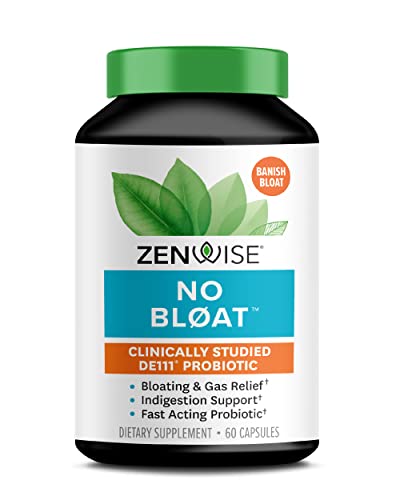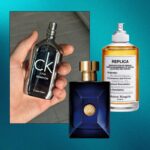You’re likely familiar with the feeling of rushing to unbutton your pants after a big dinner or at the end of a long day of period puffiness. Bloating—a pretty universal conundrum, let’s be real—is why anti-bloat supplements from brands like HUM, Arrae, and The Nue Co. entered the wellness ring.
While the ingredients vary from product to product, these oral supps are generally packed with a blend of digestive enzymes and herbal ingredients (dandelion root, ginger, to name a couple) that are said to aid digestion and promote a healthy gut and, in turn, reduce the swell. Sounds attractive, but can they really deliver on the promises? What experts say about these offerings…
Meet the experts: Samantha Nazareth, MD, is certified in both internal medicine and gastroenterology/hepatology. She has served as an authoritative source on gut and digestive health for national media outlets like CNN and Women’s Health, and her research has been featured in The New York Times.
Marvin Singh, MD, is one of two physicians in the country to hold certification in internal medicine, gastroenterology/hepatology, and integrative medicine. He is currently the director of integrative gastroenterology at the Susan Samueli Integrative Health Institute at University of California Irvine, and a voluntary clinical professor at University of California San Diego.
How Anti-Bloat Supplements Work For Gas And Bloating
Your gut is like a long hose lined with smooth muscle, which becomes stretched when your intestines expand from excess gas, says NYC gastroenterologist and WH advisor Samantha Nazareth, MD. Some ingredients, such as fennel and peppermint, can relax muscles and aid in moving food and air along, easing discomfort. So they may help after a meal or a night out, for example, and are generally safe if used as directed.
These remedies aren’t must-haves, though—sometimes a simple lifestyle tweak, like slowing down when you eat or consuming smaller meals, does the trick.
One important PSA from Dr. Nazareth: Bloating could be a sign of different conditions, from dietary intolerance to colon cancer. She recommends that you talk to a doc if you feel so uncomfortable that you are looking for help and if the problem is ongoing and persistent. “You can’t really rule out all the bad, scary stuff unless you get a full workup,” she says.
Anti-Bloat Supplements For Heartburn
If the burn is a result of food not being digested properly, an anti-bloat supp might help, says Dr. Nazareth. When you eat a lot and the food takes a long time to break down, that can prevent the valve connecting the esophagus and the stomach (known as the esophageal sphincter) from closing properly—allowing stomach acid and contents to flow back, according to the Cleveland Clinic.
In these cases, digestive enzymes and herbs can help the issue. But there are other possible causes of heartburn unrelated to digestion, such as a hiatal hernia and pregnancy. So, consult your MD first to rule out other reasons.
How To Determine Which Anti-Bloat Supplement Is Right For You
Choose a tablet with enzymes that specifically target what you have trouble digesting. For example, if fats are the source of your woes, you’ll want one with lipase. One note: It’s hard to tell if you’re getting the therapeutic dose because de-bloat supps (or any) are not FDA regulated.
“I encourage people to do their own research into a company,” says Marvin Singh, MD, a California-based integrative gastroenterologist. Look at their track record online and research the manufacturer, product, and ingredients.
FYI: If you have a blood disorder, you’ll want to avoid a formula that includes bromelain. It breaks down proteins, but can also interfere with platelets and clotting. Ultimately, for a well-functioning gut, go back to basics: eating a well-balanced diet, managing stress, and prioritizing sleep. “Those are fundamentals for everybody,” Dr. Nazareth says. Good reminder!
Jackie Lam is the senior health editor at Women’s Health where she oversees health and weight loss content for the website and the Mind section of the print magazine. Originally from Hong Kong, she’s a journalist with more than 10 years of experience and a proud graduate of Cornell University and the Medill School of Journalism at Northwestern University. When she’s not at her laptop, she can be found experimenting with Japanese recipes in her kitchen with her husband as her main taste tester, discovering the latest in K-Pop, and dreaming up her next trips to Japan.
Read the full article here


